For decades, the screening colonoscopy has been recognized as the most effective modality to prevent and detect colorectal cancer. By identifying and removing precancerous polyps (adenomas), colonoscopies save thousands of lives each year. Regularly-scheduled screening colonoscopies are crucial for adults aged 45 and older.
However, it’s important to note that the effectiveness and quality of each colonoscopy varies from doctor to doctor. Different levels of education, experience, and methodologies have been found to influence the “success” of a medical practitioner at performing screening colonoscopies. These case-by-case disparities ultimately led to a need for a standard of quality, a numerical framework. In 2002, a Multi-Society Task Force was assembled to create just that: the adenoma detection rate, or ADR. ADR gives a percentage value to each doctor’s levels of safety, quality, and thoroughness when performing a colonoscopy.
How does ADR work? ADR measures the average rate of precancerous polyps that a doctor identifies and removes in each colonoscopy. In the U.S., it has been established that at least 30% of men and 20% of women aged 50+ should have one or more adenoma found in a colonoscopy. It has been found that doctors that meet or exceed these national quality benchmarks are generally more likely to prevent colorectal cancer, including advanced-stage or fatal cancer. In fact, even a marginally higher ADR can indicate a significant improvement in outcome. Likewise, doctors with lower-than-average ADRs have been connected with the failure to identify cases of colorectal cancer.
While the ADR is considered the “gold-standard” of evaluating endoscopic quality, it is not the only measure of a doctor’s ability to identify polyps. Other well-regarded quality metrics include practices such as: the quality of bowel preparation; patient assessments; compliance rates with general screening guidelines; rate of complications; cecal intubation rate; withdrawal time (the amount of time a doctor should spend withdrawing the colonoscope at the end of the procedure, which should be at least 6 minutes); and documentation of informed consent.
By meeting and exceeding these standards of safety and thoroughness, your doctor directly improves your chance of identifying or preventing colorectal cancer. Therefore, it’s not rude or uncommon to ask about your doctor’s ADR, withdrawal time, or other procedures that ensure a quality colonoscopy. These are serious, relevant questions that can aid in your decision to choose a gastroenterologist.
Our board-certified team of gastroenterologists has addressed many common concerns related to colonoscopies on our website. Click on any of the questions below to see complete answers:
- When should I get a colonoscopy? Isn’t 45 too young?
- What should I expect from my colonoscopy? How should I prepare for it? What happens during and after?
- Where can I read about someone else’s experience with colon cancer?
- I tend to be constipated. How should I prepare for my colonoscopy?
- Why should I get a colonoscopy instead of other screening tests? What makes it more effective? (Video)
- What’s the difference between a screening colonoscopy, Cologuard, and other screening tests? (Video)
The experienced team of medical professionals at Gastroenterology Health Partners is committed to making every patient’s experience with a colonoscopy as easy and effective as possible. For more information or to schedule an appointment, contact Gastroenterology Health Partners today at a location near you.



